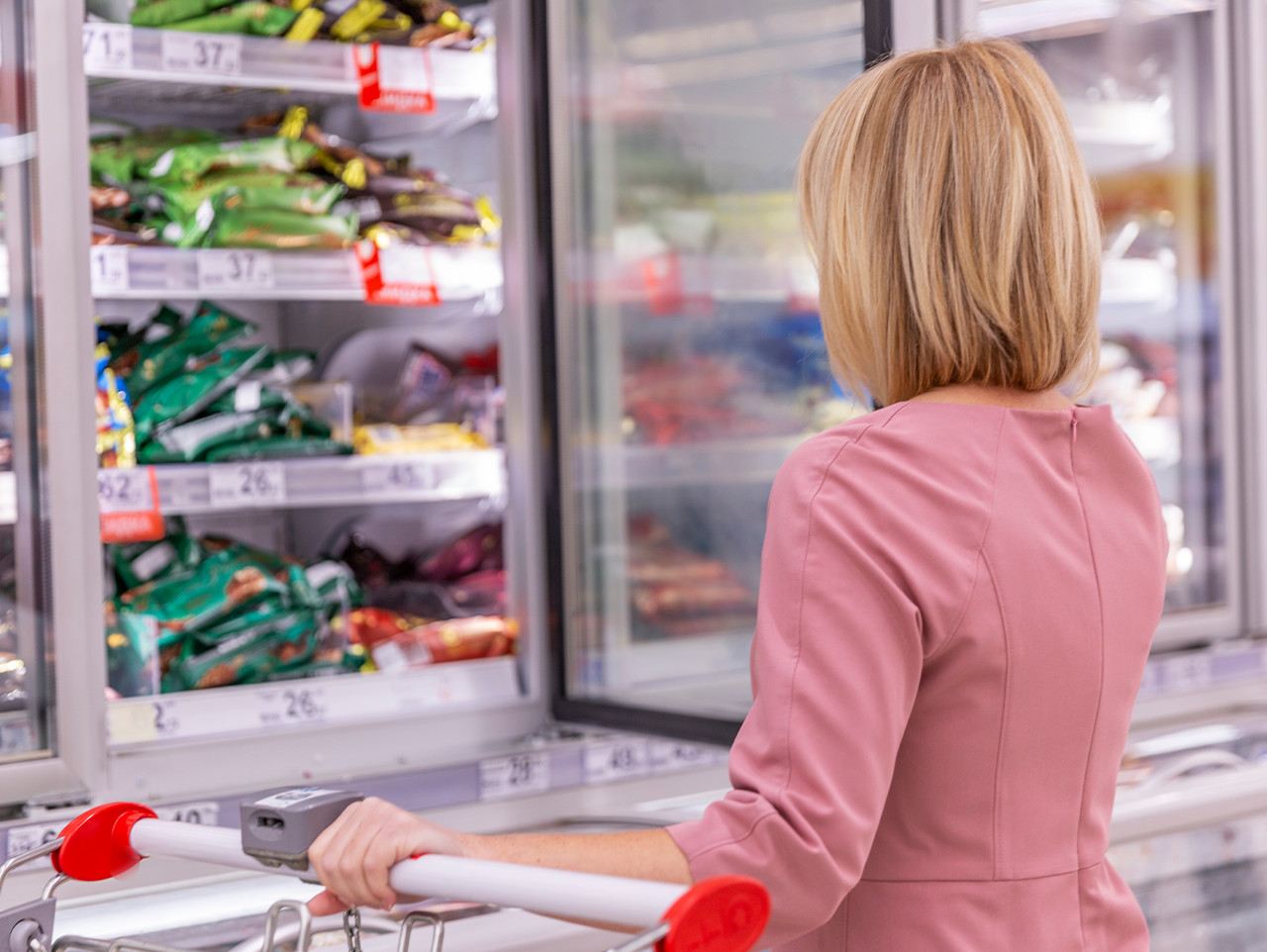
Research by Natuur & Milieu has shown that the majority (two-thirds) of supermarket packaging is either not recyclable or only marginally recyclable. More than half of the packaging that is not recyclable can be so with one or two simple adjustments to the packaging design. The organization studied the packaging of products that people use a lot in their daily lives, both private labels and premium brands. It made a comparison between the largest supermarkets in the Netherlands.
"In the so-called Plastic Pact, supermarkets and producers have made agreements with the government and us to put as much 100% recyclable packaging on the market as possible. But despite all these fine words, we must conclude that when it comes to marketing and convenience, supermarkets and producers still put sustainability before sustainability," said Jelmer Vierstra, program manager for Circular Economy at Natuur & Milieu. All supermarkets involved in the study have endorsed the Plastic Pact.
Private labels do better on recyclability than the A-brands. The differences between the supermarkets are not great. Compared to the other supermarkets, Jumbo and Ekoplaza score the least when it comes to the recyclability of plastic packaging. The researchers also looked at the disposal instructions for consumers. This showed that Jumbo and Albert Heijn are in the lead with clear and complete disposal instructions, while Ekoplaza and Lidl, on the other hand, lack good information on the vast majority of packaging.
More than half of the problem packaging can be made easily recyclable with a simple adjustment. An example is the label. If it is made of paper and glued to plastic, it gets in the way of recycling. A second example is the wrapper, as you see on detergent bottles. The wrapper is often made of a different material, which disturbs the sorting machine. At best, the plastic is "downcycled. The quality becomes lower and the plastic can only be used for one-time applications such as plastic filler or roadside berms. Since there is an excess of this type of plastic, it is often incinerated after all.
Natuur & Milieu wants the government to make policy that ensures that supermarkets and producers only make packaging that is well recyclable.
The organization also believes that not enough is being done to make reusable packaging commonplace among consumers. In the survey, reusable packaging barely came up. "In the end, of course, reusable packaging is still better than disposable packaging. So encourage consumers to choose reusable packaging. Give discounts to consumers who choose refillable juice bottles or reusable fruit and vegetable pouches."
Read the study 'Plastic in the supermarket' (Dutch only)
natuurenmilieu.nl
Image: ©Deman/Shutterstock.com
Source: Natuur & Mileu